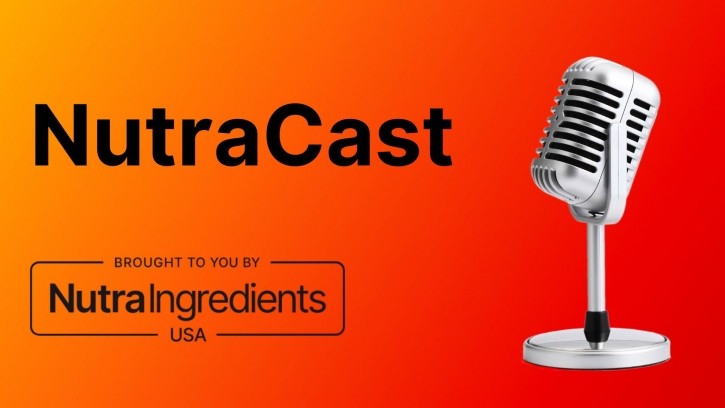NutraCast: The ‘beauty and pain’ of omega-3 research

On a recent NutraCast episode, we had guest Geoff Palmer on, who challenged the status quo on preformed EPA/DHA. Palmer said that taking preformed EPA and DHA creates imbalances in the body, whereas if one takes ALA, the body only convert as much DHA as it needs.
As predicted, the topic stirred up some controversy. To continue the conversation, Kaitlin Roke, PhD, the Global Organization for EPA and DHA Omega-3s (GOED) director of scientific communication and outreach joined us.
“There’s been over 40,000 studies published on EPA and DHA, with over 4,500 human clinical trials, so they’ve certainly been researched from all different angles. Human clinical trials as well as observational studies have shown that higher levels of EPA and DHA omega-3s consumed from the diet or higher levels of EPA and DHA in the blood are associated with beneficial health effects, including health benefits for heart, brain, pregnancy and prenatal, and eye health.”
“It was really interesting to hear the perspective from Geoff and thinking about preformed versus converted amounts of EPA and DHA in the body. One thing that came to might right away is that Geoff is correct in that there are only two essential fatty acids: omega-3 ALA and omega-6 LA. The body converts ALA omega-3s into longer chain fatty acids, EPA and DHA. There’s a lot of important evidence showing what happens to EPA and DHA after it’s ingested. It can be found stored in tissues in the body – it’s in almost every cell of our body actually. We can consume EPA and DHA from our diet and that can be transformed or metabolized, as well as we can consume ALA which can be transformed into EPA and DHA. EPA and DHA stay as EPA and DHA sometimes they’re converted into specialized pro-resolving mediators or eicosanoids,which play roles in the body’s inflammatory process and response.”
“So they’re unique in that way, where we can consume them directly from the diet and we can also make them in our bodies,” said Roke.
She added that when thinking about these compounds, they’re not unnatural to our body. EPA and DHA exist in different food sources supplements and as well as being produced in the body.
Palmer also referenced new research conducted by Dr Bazinet and Dr Metherel at University of Toronto.
“I think their research is really fascinating and we have a lot to learn from the work that their group (and others). I do think it will challenge some of the dogmas and knowledge that we have to date but that’s kind of the beauty and pain of nutritional science research. We think we know something and we’re moving forward with that information and then new research emerges that changes our mind and our perspectives. and I think that as technology develops, (especially the methodologies used by these two researchers) we’re going to learn a lot more,” said Roke.
Roke added that “We have such a strong and robust body of evidence supporting the benefits of EPA and DHA. Learning more about their metabolism will enhance our understanding, but not take away from the benefits that we’ve seen from EPA and DHA ingested from diet or from supplements in all the other studies.”
To hear more on current and upcoming research and where GOED is headed next, listen to the NutraCast.
If you enjoy listening to the NutraCast, feel free to leave a review. You can subscribe on iTunes, Spotify, Stitcher or wherever you get your podcasts.
















